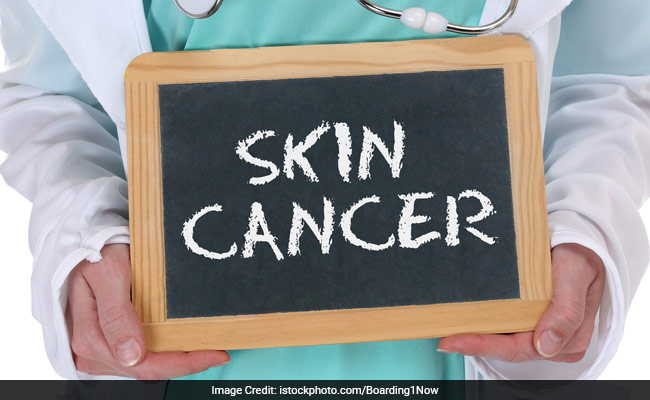According to the World Health Organisation, the incidence of skin cancers has been increasingly rising. Both melanoma and non-melanoma types have been on the rise over the past decades. Statistics estimate close to 3 million non-melanoma global cases of skin cancers and 132,000 cases of melanoma skin cancers every year. More and more people are becoming susceptible to skin cancer owing to the rapidly depleting ozone levels.Experts from Western University of Health Sciences, US have found a novel possibility to treat skin cancer. A drug called carvedilol showed some protective effects against skin cancer which is otherwise commonly used to treat high blood pressure."One of the main factors that predispose to the development of melanoma seem to be connected with recreational exposure to the sun and a history of sunburn," WHO's online page on Skin cancers notes. The team found the drug may protect against the sun-induced cell damage. The experiments showed that carvedilol acted by protecting cells against the cancer-causing DNA damage and cell death produced by UVB.
For the study, experts carried out experiments on mice modules to see if carvedilol could prevent skin cancer caused by ultraviolet-B (UVB), the portion of sunlight that tends to damage the skins top epidermal layers and plays a key role in skin cancer development. Hairless mice were exposed to UVB and given carvedilol. A decrease in both the severity and number of tumours was recorded as compared in those mice that were not given carvedilol.
Carvedilol exhibited a protective effect in cultured mouse skin cells exposed to UVB and in hairless mice given the drug after UVB exposure. It delayed skin tumour formation more than sunscreen. It was discovered that not all beta blockers show cancer preventive properties, indicating that the cancer-fighting beta blockers likely act on not yet identified molecules.
Inputs from PTI







